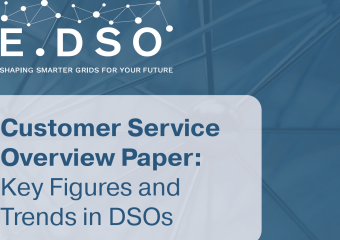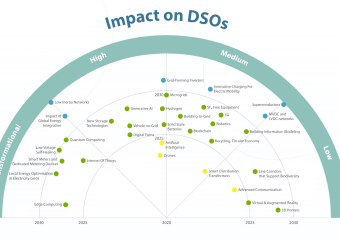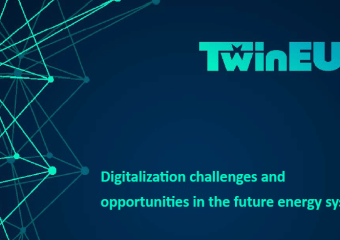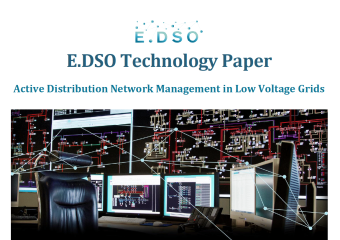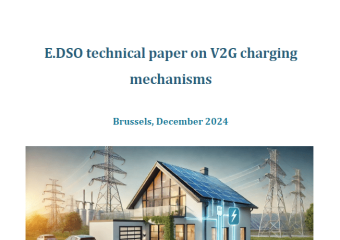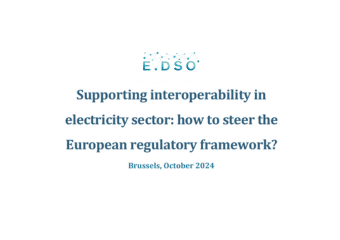Data Management – EDSO principles for policy makers and regulators
Pre-empting the European Commission’s upcoming Communication on the Retail Energy Market, and responding to questions raised in the Council of European Energy Regulators’ (CEER) recent consultation on Data Management for Better Retail Market Functioning, European Distribution System Operators for Smart Grids (EDSO) has laid out in a new paper the key principles policy makers and regulators should reflect on when addressing questions around data management.
To maintain a high security of supply and quality of service in spite of the fundamental changes occurring in our energy system, driven by EU policies, DSOs are increasingly having to monitor their grids at all voltage levels. The progressive roll-out of smart meters (unless a different decision is taken by a member state based on the result of a cost-benefit analysis), the automation of the grid and the deployment of sensors will, together, generate large quantities of data which will have to be managed in a secure and efficient way.
DSOs, who are already serving 260 million customers (connection points) in Europe, possess experience in collecting, validating, managing and providing data in order to operate the grid in an efficient way. As shown in the paper, the DSO in Europe, for whom smart metering is an evolution, not a revolution, is already a neutral and regulated market facilitator and data manager. Tomorrow, DSOs could grow, taking on new roles that benefit all players in the electricity market. To make this happen, EDSO encourages regulators and policy-makers to follow these key principles when reflecting on data management:
Consumers
- Clear explanations of data use must be provided to consumers if rolling-out new meters and data management systems in order to clarify the role and responsibilities of all players
- Privacy and security of consumers’ data should be under the supervision of a regulated party.
National Regulatory Authorities (NRAs)
- Transparent criteria, taking into account the interest of consumers, market parties and the grid reality, should be used by NRAs to evaluate different data management models
- Neutral market facilitation is already part of the DSO’s activities. If deemed necessary by regulators, more regulation specifically related to neutral data management is a possibility.
DSO role and responsibilities
- In countries where the DSO is installing and managing meters, it should also be storing and processing data
- To maintain security of supply, DSOs must always have direct access to meter and grid data
- The DSO should be able to partner freely with ICT companies, in order to operate the grid in the most efficient and secure way
- Data exchanges should be based on a standard communication protocol, to be chosen at National level
- To guarantee the security of supply and quality of service, appropriate cooperation and data sharing processes should be setup between TSOs and DSOs

